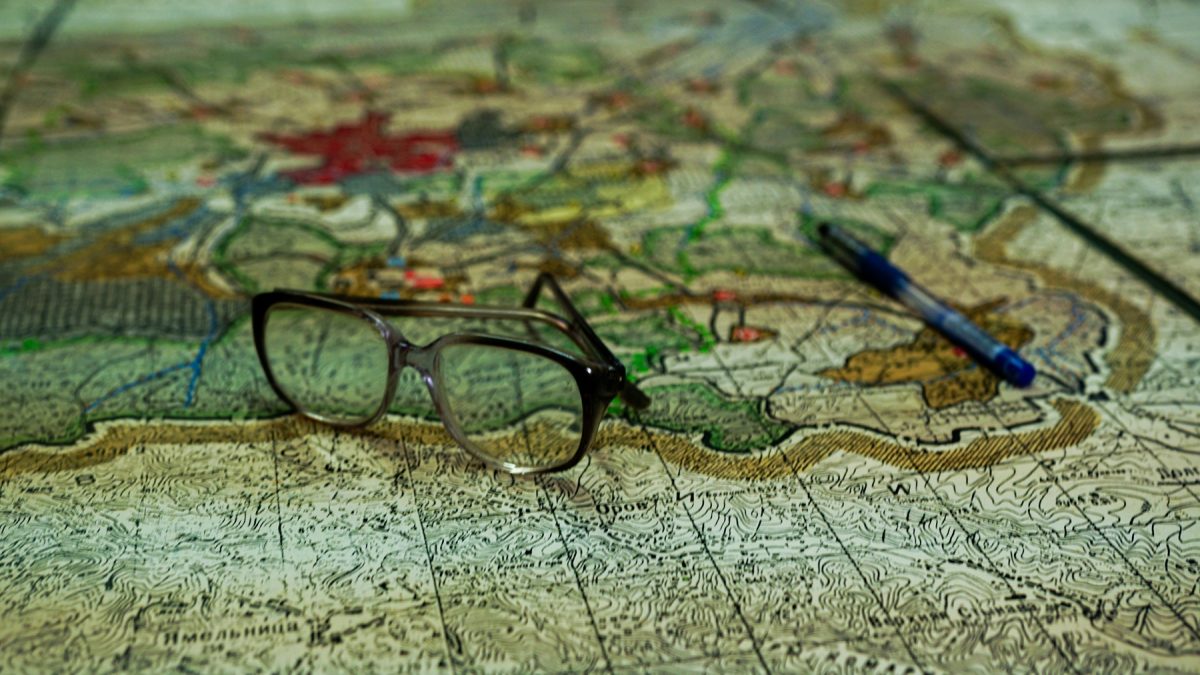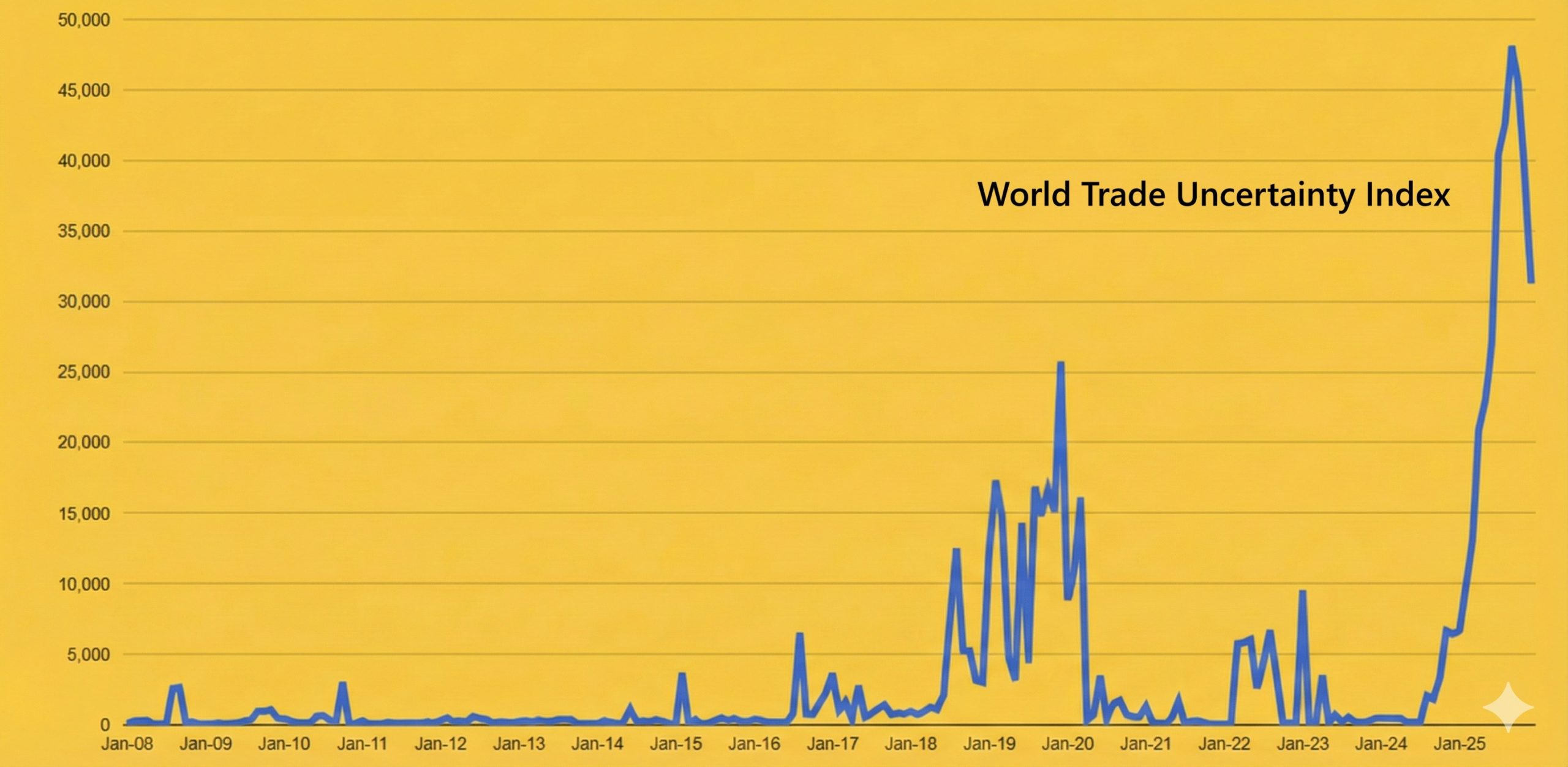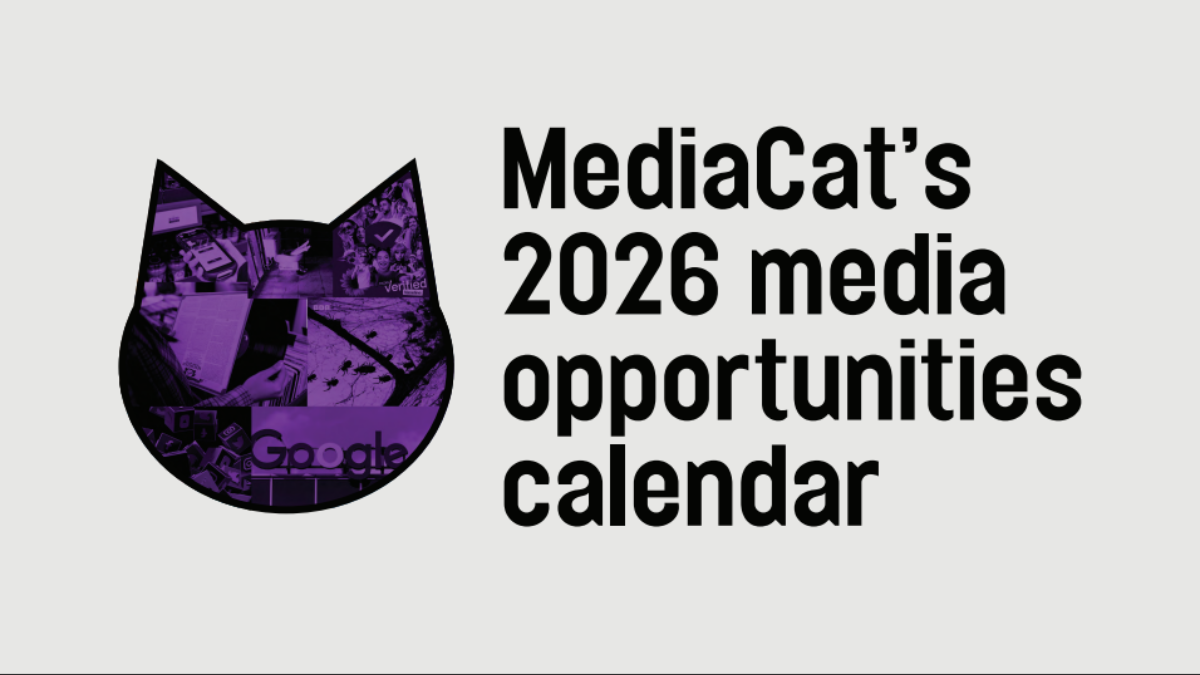Cookie-level data has never provided anything that smart planners couldn’t work out for themselves.
For all its granular detail, cookie-level data only provides insights into optimisation. It isn’t truly interpretable or useful to planners, and it misses the bigger strategic picture entirely.
The gluttony with which the media industry has gorged on user data has contributed to the clickbait culture that has fundamentally altered our information landscape, and turned advertising into a race to the bottom, with agencies pumping out spam that prioritises engagement over genuine connection.
It has also reduced planning to a series of algorithmic adjustments. And by stripping away the strategic thinking that makes human planners invaluable, media agencies have inadvertently painted a huge target on the backs of their staff.
Network agencies are increasingly opting for large-scale redundancies and restructuring with an aggressive focus on automation, and media jobs may well prove to be the first casualty of the burgeoning growth of AI models. After all, if human planners are just optimising based on behavioural data, why not let machines do it faster and cheaper?
But the value of planners has never been micro-optimisation, its imagination, creativity, and strategic thinking. And as AI transforms the industry, planners must play to these strengths rather than try to compete on optimisation. Not by doubling down on invasive data collection, but by embracing geographic intelligence as the foundation for strategic thinking.
The Goldilocks Solution
Geographic data gives planners direction without constraining creativity: enough insight to inform strategy without getting lost in the granular details of individual conversions and behavioural patterns.
Unlike cookie data, which funnels directly into optimisation engines, geographic intelligence opens up creative possibilities. It allows planners to understand context, culture, and community in ways that individual user tracking never could.
A wealth of information can be inferred from location: voting patterns, economic indicators, demographic trends, cultural preferences, and lifestyle behaviours.
And unlike the opaque world of third-party cookies, geographic data is transparent and verifiable. Planners can combine census information, local economic data, cultural markers, and regional preferences to build sophisticated audience understanding without compromising individual privacy.
More importantly, geographic thinking encourages planners to consider the broader social and cultural forces that shape consumer behaviour. Instead of responding to individual clicks and views, planners can understand the communities, values, and shared experiences that drive authentic engagement.
The Strategic Advantage
The ability to synthesise geographic data with cultural insights, local knowledge, and strategic intuition represents a uniquely human capability. While AI can process behavioural signals and optimise delivery, it cannot understand the nuanced relationship between place, identity, and consumer motivation that geographic intelligence reveals.
As the industry faces an AI-driven transformation, planners who embrace geographic intelligence will find themselves better positioned to demonstrate their unique value. Instead of competing with machines on optimisation tasks, they can focus on the creative and strategic thinking that makes great campaigns possible.
In this future, location isn’t just a targeting parameter—it’s the key to understanding the communities and cultures that give meaning to our work. It’s time to demonstrate that ethical data practices and strategic effectiveness aren’t mutually exclusive, but rather the foundation of sustainable competitive advantage in an AI-driven landscape.
Main image by Poul Cariov on Unsplash

























